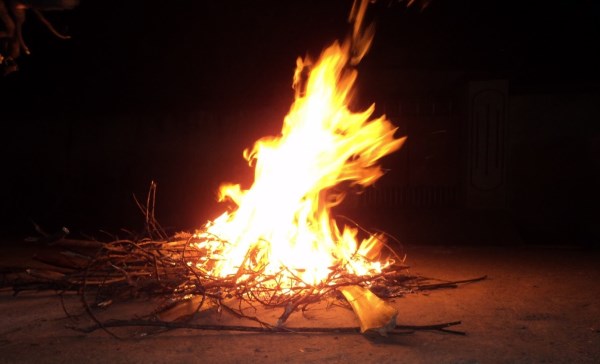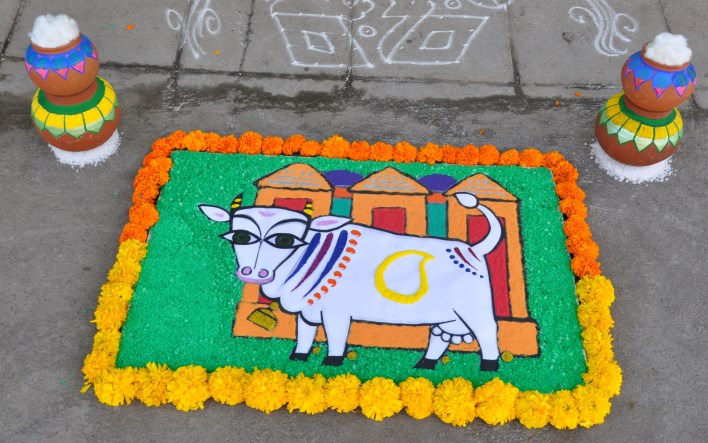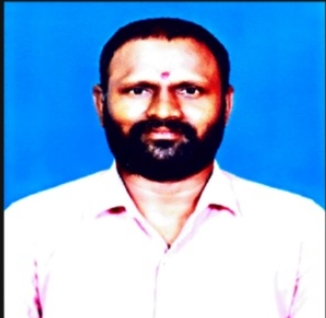Makara Sankranti, also known as Maghi or simply Sankranti, marks the transition of the sun into the zodiac sign of Capricorn (Makara) on its celestial path.
Celebrated predominantly in India, it is a festival that heralds the onset of longer days and the gradual departure of winter. Signifying a new beginning, Makara Sankranti holds cultural, religious, and social significance, making it one of the most widely observed festivals in the country.

Cultural and regional variations:
The beauty of Makara Sankranti lies in its diversity, as it is celebrated with various customs and traditions across different regions of India. In the northern parts of the country, it is referred to as Uttarayan, while in the southern states, it is known as Pongal. In Punjab, the festival is celebrated as Lohri, and in Assam, it is called Bhogali Bihu. Despite the regional variations, the underlying theme of a new beginning and the transition to a brighter phase remains constant.
Harvest Festival:
Makara Sankranti is also celebrated as a harvest festival, symbolizing the gratitude of farmers for a bountiful harvest. The freshly harvested crops are used to prepare traditional dishes that are shared with family and friends. The festival is a time for communities to come together, express gratitude for the abundance of nature, and celebrate the hard work put into agricultural activities.
Religious Significance:
Apart from its agricultural importance, Makara Sankranti holds religious significance in Hinduism. The day is considered auspicious for spiritual practices and is believed to bring prosperity and good fortune. Many devotees take a holy dip in sacred rivers, such as the Ganges, to cleanse themselves of sins and seek blessings for the future. Temples are adorned, and special prayers are conducted to mark the occasion.
Symbolism of Kites:
One of the most unique features of Makara Sankranti is the tradition of flying kites. The sky comes alive with vibrant colors as people of all ages engage in friendly kite-flying competitions. The act of flying kites is seen as a symbolic way of letting go of past troubles and starting afresh. The uplifting experience of watching colorful kites soaring high in the sky mirrors the collective optimism that comes with the festival.
Tradition of Tilgul:
The exchange of tilgul (sesame seeds and jaggery) is an integral part of Makara Sankranti celebrations. People offer tilgul to each other with the greeting, “Tilgul ghya, god god bola,” which means “Accept this tilgul and speak sweetly.” This tradition embodies the spirit of spreading sweetness and harmony in relationships, emphasizing the importance of kind words and positive communication.
Conclusion:
Makara Sankranti, with its diverse celebrations and rich symbolism, encapsulates the essence of a new beginning. It is a festival that transcends geographical boundaries, uniting people in the spirit of hope, gratitude, and optimism.
As families come together, fields yield their bounty, and kites dot the sky, Makara Sankranti becomes a time to cherish the past, live in the present, and look forward to a brighter future. It is a celebration of life, nature, and the endless possibilities that come with each new day.

The festival goes by various names in various states:
Makara Sankranti is known by various names in different states of India, reflecting the cultural and regional diversity of the country. Here are some of the names by which the festival is celebrated in various states:
- Uttarayan in Gujarat: In the western state of Gujarat, Makara Sankranti is known as Uttarayan. The celebration involves the international kite festival, where the skies are filled with colorful kites, and people engage in spirited kite-flying competitions.
- Pongal in Tamil Nadu: In the southern state of Tamil Nadu, Makara Sankranti is celebrated as Pongal. The festival extends over four days and is marked by the preparation of a special dish called Pongal, made from newly harvested rice.
- Maghi in Punjab: In the northern state of Punjab, Makara Sankranti is known as Maghi. The festival holds special significance for Sikhs as they commemorate the heroic sacrifice of the Chali Mukte, a group of 40 Sikhs who fought valiantly against the Mughal forces.
- Bhogali Bihu in Assam: In the northeastern state of Assam, Makara Sankranti is celebrated as Bhogali Bihu. It is a harvest festival marked by community feasts, traditional dances, and the building of temporary huts called meji.
- Makar Sankranti in Maharashtra: In the western state of Maharashtra, the festival is simply known as Makar Sankranti. People exchange tilgul (sesame seeds and jaggery) and greet each other with the phrase “Tilgul ghya, god god bola.”
- Khichdi Parv in Uttar Pradesh: In the northern state of Uttar Pradesh, Makara Sankranti is celebrated as Khichdi Parv. Devotees take ritualistic baths in the holy rivers and partake in charitable activities.
- Lohri in Punjab and Haryana: Although Lohri is celebrated on the night before Makara Sankranti, it is closely associated with the festival. In Punjab and Haryana, people gather around bonfires, sing traditional songs, and offer prayers for a bountiful harvest.
These diverse names and customs associated with Makara Sankranti showcase the rich tapestry of Indian culture and the unique ways in which each region expresses its reverence for the changing seasons and the promise of a new beginning.

With a robust business leadership background cutting across diverse sectors like Banking, Insurance, Capital Markets, Manufacturing, Education, and University General Management, he has accumulated an impressive 22 years of experience under his belt. His expertise has been sought in international spheres when his leadership has influenced giants and insights have shaped strategies. Here Is his full bio
You May Also Like To Read:
- Sankranti Cockfights Draws Crowds to Godavari Villages in AP Explore the vibrant tapestry of Sankranti cockfights along the Godavari,...
- Is Raksha Bandhan On 11th or 12th? The festival of Raksha bandhan is celebrated every year on...
- How a MBA Dropout Making Rs 13 Lakhs P/M By Mushroom Spawns the inspiring tale of Shanker Meena, an MBA dropout who...
- Goldy Brar Declared A Terrorist, Linked to Babbar Khalsa International the dark web of Goldy Brar gang and his criminal...






